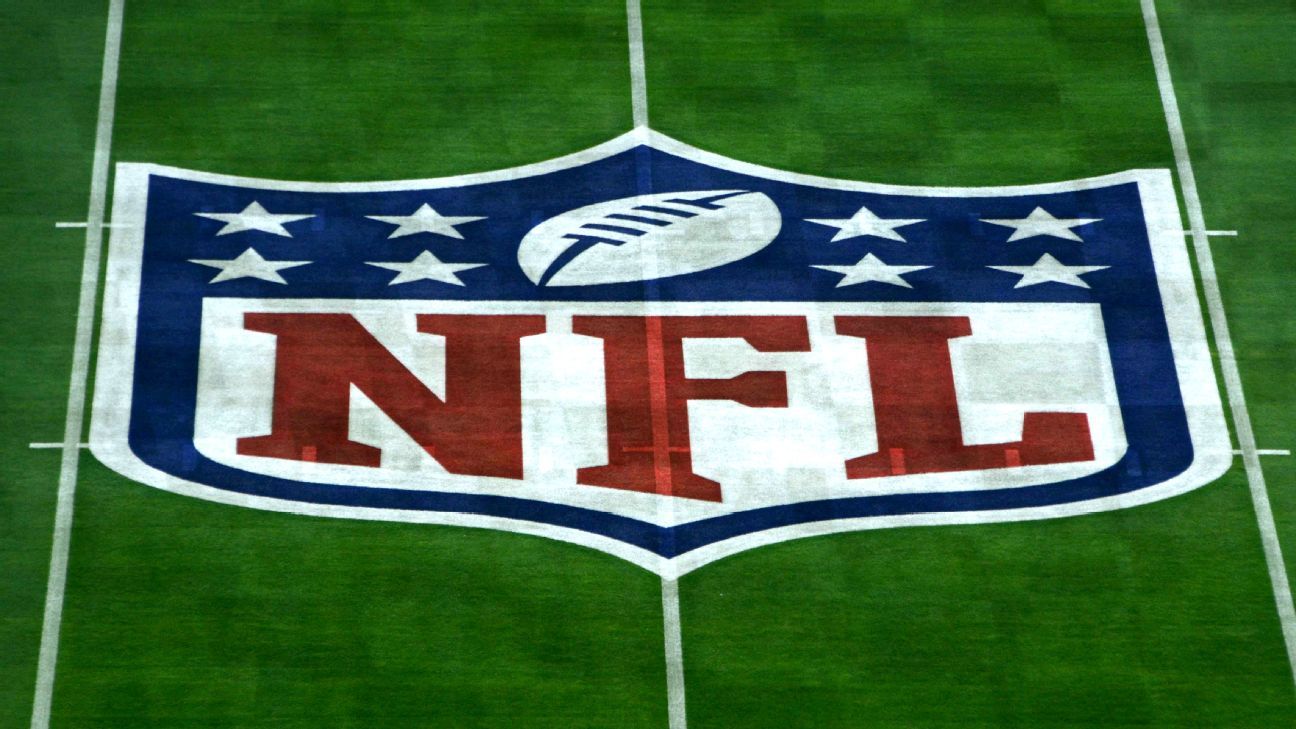Sources: NFL CBA vote set to go to membership - 4 minutes read

The NFL Players Association intends to hold a vote of its full body of players on a proposed collective bargaining agreement next week, a source told ESPN's Dan Graziano.
The vote is still expected despite an NFLPA statement saying its board of representatives has declined to vote on a recommendation in hopes of further meetings with NFL management.
"Today, the NFLPA Board of Player Representatives did not take a vote on the principal terms of a proposed new collective bargaining agreement," the statement read. "The Executive Committee looks forward to meeting with NFL management again next week before the Board takes a vote shortly after."
The NFL has agreed to meet with the NFLPA on Tuesday at the scouting combine in Indianapolis, a source told Graziano, but it's unclear whether that meeting will result in further discussion about terms. The NFLPA board of player representatives then plans to vote that night or Wednesday morning, with the full vote waiting until after the outcome of the board's vote on a recommendation.
An NFL owner, however, told ESPN's Adam Schefter that owners would not be receptive to further talks on the proposed CBA.
Earlier Friday, the NFLPA's executive council voted 6-5 not to recommend the proposal, as first reported by NFL Network and confirmed by ESPN.
A simple majority of the full membership would be required to approve the CBA. Anyone who paid NFLPA dues during the 2019-20 league year -- an estimated 2,100 players -- is eligible to vote.
Sources told Graziano there has been a discussion among union leaders and union lawyers on this point for several days, and they settled on having a full vote regardless of the recommendation of player reps.
On Thursday, owners approved the CBA, with more than the required three-fourths of the owners voting to ratify.
According to an NFLPA memo released Thursday, here are some of the proposal's key terms that player reps and the union's executive council will weigh when they meet:
• The elimination of any game suspensions strictly for positive marijuana tests.
• A reduction in the number of players subjected to testing for marijuana.
• "Gambling definitions" that ensure players receive a portion of gambling revenue brought in by the league.
• Alterations to training camp, including the "introduction to a 5-day acclimation period," a limit of 16 days in pads and a limit of four joint practices in a three-preseason-games scenario.
Sources also told ESPN's Schefter that the proposal includes a game-day roster increase from 46 players to 48, with overall rosters going from 53 to 55.
Teams would also be allowed to bring back three players from injured reserve each season, sources said, and practice squads would grow from 10 players last season to 12 in 2020 and 14 in 2022.
One of the NFL's best players, Houston Texans defensive end J.J. Watt, took to social media Thursday night to voice his disapproval with the proposal.
Sources previously told ESPN that the proposed CBA would allow the league to expand the regular season from 16 games to 17 at some point in the next four years (although no sooner than 2021) in exchange for financial and other concessions the players have sought in negotiations. One concession is that the preseason would be shortened, sources said.
In addition, sources said that starting in 2020, the playoff field would be expanded to seven teams from each conference, with only one team from each conference receiving a first-round bye as opposed to the two that currently do.
The league's desire to expand the regular season has been met with harsh opposition from many players, who view an expanded season as an unnecessary increase in the risk to players' health and safety. But union leaders have touted to players the benefits of the proposed new deal, which includes a higher percentage of league revenue going to players, improvements in the drug policy and discipline policy, higher minimum salaries, higher per-team spending floors, and relaxed offseason work rules -- which were noted in the NFLPA memo.